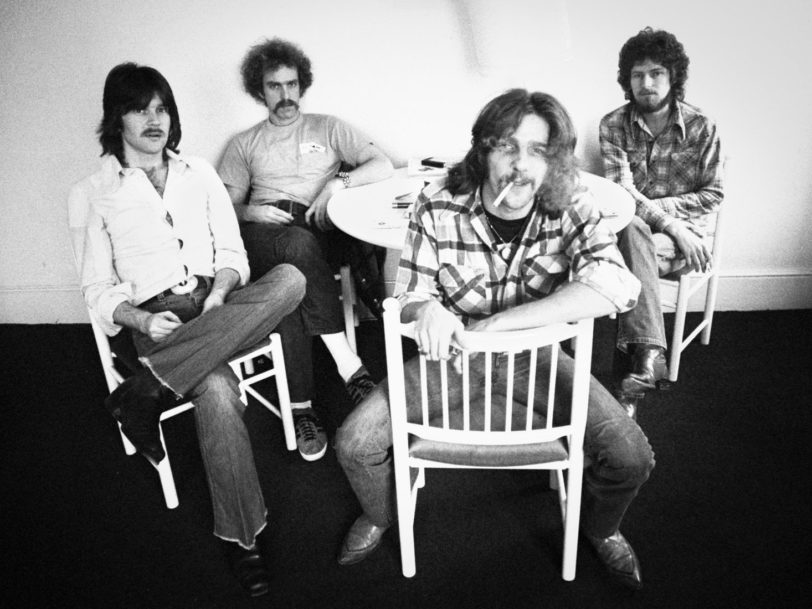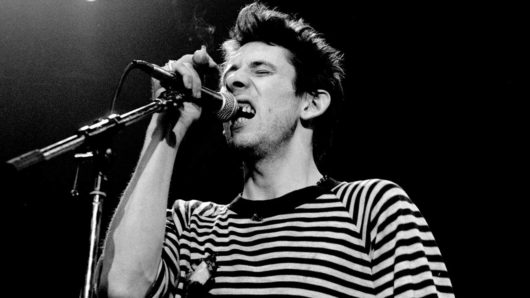Eagles, one of the most successful bands of all time, will be forever associated with a Southern California country-rock sound that captivated the world and turned the best Eagles songs, such as Desperado and California Hotel, into global hits.
The original band, formed in 1971, comprised of Glenn Frey, Don Henley, Bernie Leadon and Randy Meisner. Frey said they chose the name Eagles, because it was “the creature that flew closest to the sun”. Various new additions to the band came over some turbulent years, including guitarists Don Felder, Joe Walsh and Timothy B Schmit. In January 2016, a year after Frey’s death, Eagles re-formed, with founder member and drummer Henley joined by Walsh, Schmit, Vince Gill and Deacon Frey.
Over five decades, Eagles sold more than 150 million records worldwide, winning six Grammy Awards and five American Music Awards, and their Greatest Hits compilation was the biggest-selling album of all time.
Here are our 30 best Eagles songs.
Listen to ‘Take It To The Limit: The Essentials Collection’ here, and check out our best Eagles songs, below.
30: James Dean (from ‘On The Border’, 1974)
James Dean, the startlingly handsome and charismatic young actor who died in a car crash in 1955, at the age of just 24, was an iconic pop-cultural figure when the Eagles bandmates were growing up. Eagles founders Don Henley and Glenn Frey got together with Jackson Browne and JD Souther to write a tribute song to the star of Rebel Without A Cause and East Of Eden. The rocking beat to their tune and the catchy lyrics – “Too fast to live, too young to die” – also featured a sizzling guitar solo from Bernie Leadon. The song, taken from Eagles’ 1974 album, On The Border, reached No.77 on the US singles chart when it was released that August.




